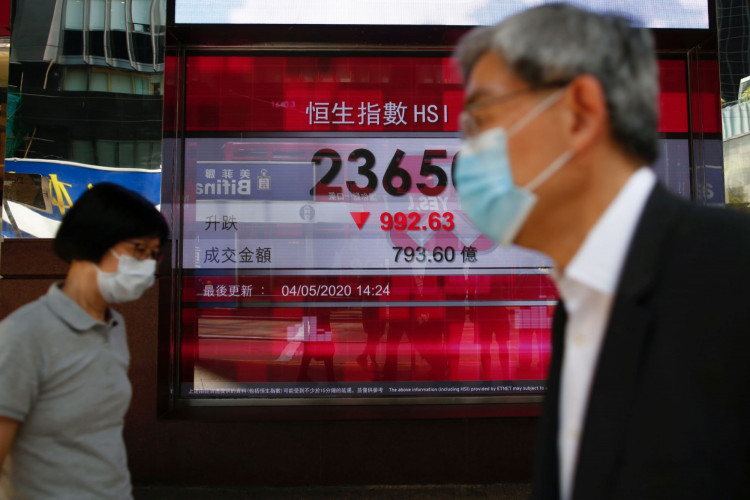There is a growing number of China's state-owned companies delisting from the Hong Kong stock exchange listings. The move was said to follow a plan envisioned by Chinese President Xi Jinping to strengthen China's industrial base.
According to Nikkei Asian Review, Chinese state-owned companies resorted to the Hong Kong stock exchange to access foreign capital and gain a more lenient connection with the global economy. At present, Chinese mainland authorities restrict the issuing of shares at a lower price other than the asset worth. Therefore, state-owned companies cannot raise new funds even when their stocks already fell at a minimum. Furthermore, the listing also compels the companies to pay additional costs for audits and disclosures.
Since then, state-owned enterprises delisted from the Hong Kong stock exchange in 2020. Companies also gave up on raising money due to the sluggish stock market and retained their attention to strengthen core operations in mainland China.
Four state-owned enterprises have withdrawn their shares in the Hong Kong stock exchange. The first to delist was China Agri-Industries Holdings that was taken private last March. Listed in 2007 and supported by investment bank China International Capital, the company claimed that it might move to allow the integration and streamline operations with parent China Foods. In a statement, the bank said that it would reevaluate governance and shareholding structures to reduce costs associated with maintaining its stock listing in the Hong Kong stock exchange.
Largest state-owned company wind-power producer Huaneng Renewables also delisted last February. Mainland reports revealed that the move to delist was proposed by its parent company China Huaneng Group after experiencing sluggish stock prices. The mishap rendered the company challenged in raising money through the Hong Kong stock exchange market. Hence, it opted to delist and is looking to restructure its plans as well.
Other companies that delisted last 2019 were business conglomerate Dah Chong Hong Holdings and aerospace concern AVIC International Holding. The report claimed that more China state-owned companies would follow suit, including China Merchants Group unit China Merchant Port Holdings. The company saw its stock price spike after it was revealed that China Merchant Port Holdings would also delist.
The company became famous for its participation in Beijing's Belt and Road Initiative, where it would acquire ports overseas. The delisting trend was also said to be fueled by China's push to bolster China's industrial base.
According to Chinese President Xi Jinping, state-owned companies should improve their competitiveness in the market, especially since there is growth potential in the trade and technology industry. The competitiveness would be China's way of gaining an advantage over its strongest competitor, US Delisting Hong Kong units.





